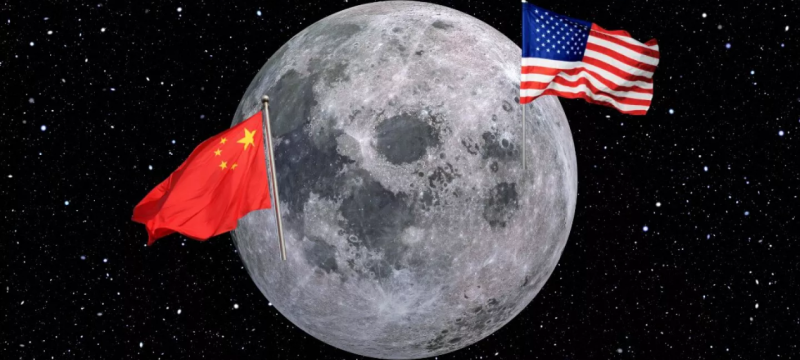In a notable move of scientific diplomacy, China has granted researchers from six countries — including the United States — access to lunar samples collected by its 2020 Chang’e-5 mission. The China National Space Administration (CNSA) announced the decision on Thursday, highlighting rare cooperation with NASA-funded institutions amid ongoing US-China trade tensions.
Researchers from Brown University and Stony Brook University in the US will be among those studying the Moon rocks, alongside scientists from France, Germany, Japan, Pakistan, and the UK. The CNSA described the lunar samples as “a shared treasure for all humanity” and emphasized the country’s intent to deepen international collaboration in space under the Belt and Road Initiative.
Also Read: China Launches World’s First 10G Broadband with Speeds Nearing 10,000 Mbps
This move marks a departure from past constraints. Under the 2011 Wolf Amendment, NASA is barred from bilateral cooperation with Chinese space agencies without explicit congressional approval, restricting Chinese access to US-collected samples. However, this latest development suggests scientific exchanges are possible despite political and economic hurdles.
Experts say the Chang’e-5 samples are especially valuable as they may be a billion years younger than Apollo-era material, potentially indicating more recent volcanic activity on the Moon.









